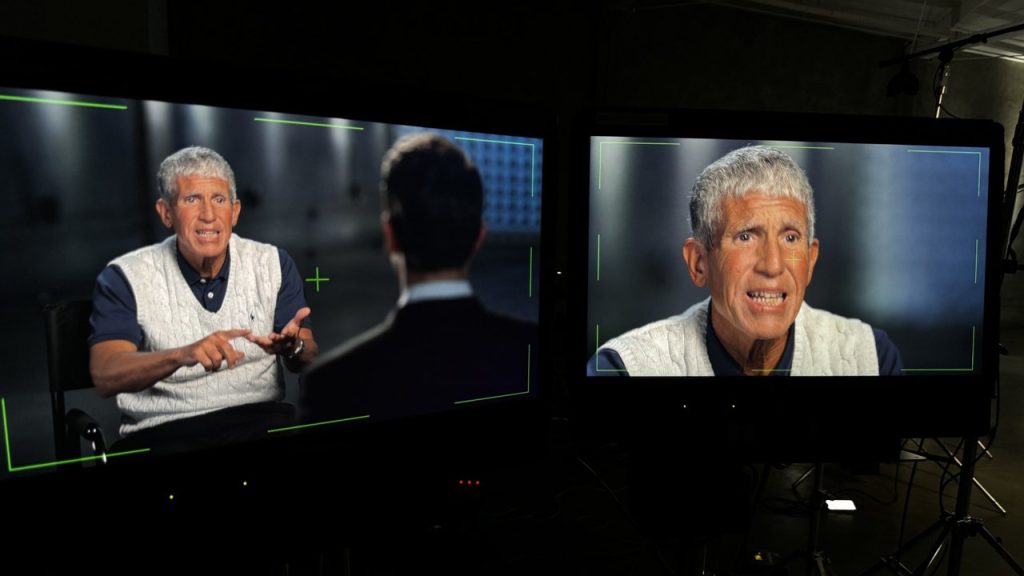In an exclusive interview with Fox News, 64-year-old Rick Singer, the mastermind behind the “Varsity Blues” college admissions scandal, confessed to all the charges brought against him by the FBI and U.S. attorney. Singer, who is currently serving a 42-month sentence in a halfway house in Los Angeles, expressed remorse for the harm his actions caused to students, families, and administrators. His charity, the Key Worldwide Foundation, received millions in “donations” from celebrities like Felicity Huffman and Lori Loughlin in exchange for manipulating college applications to secure admission to elite universities.
Singer’s elaborate scheme involved fabricating student applications with fake test scores, athletic experience, and photos, which were then perfected with the help of university coaches and administrators in “side-door” deals. Despite the widespread outrage and media uproar over the scandal, Singer maintains that his actions did not take away spots from deserving students but rather exposed the preferential treatment given to big donors and wealthy families by higher education institutions. He emphasizes that colleges were equally complicit in these schemes and should share the blame.
The former basketball coach acknowledges the test cheating as the most brazen part of his scheme and admits to engaging in illegal activities. Singer reveals that his criminal operations began with a student from Vancouver, for whom he manipulated test scores with the help of Mark Riddell, who also played a key role in the scandal. Singer claims he was not acting alone and that the college admissions system has long been flawed, with spots on sports teams and in departments being reserved for those willing to pay through backdoor donations or fraudulent means.
After serving time in federal prison, Singer now aims to revolutionize college admissions and education with his new company, Future ID Stars, which will focus on identifying students’ IQ, skills, and competitive edge to place them directly into the workforce, eliminating the need for traditional college education. Singer believes that not everyone needs to attend college to be successful and suggests that experienced mothers returning to the workforce could be a valuable, untapped resource for employers. He insists that all his future endeavors will be legal and comply with regulations, unlike his past actions.
Despite his crimes, Singer remains a respected figure in the admissions world, with parents still reaching out to him for coaching even after his trial. He acknowledges that the college admissions system is still vulnerable to manipulation and that unlawful practices continue to occur daily. Singer’s story sheds light on the flaws and corruption within the higher education system and raises important questions about fairness, integrity, and accountability in college admissions.














